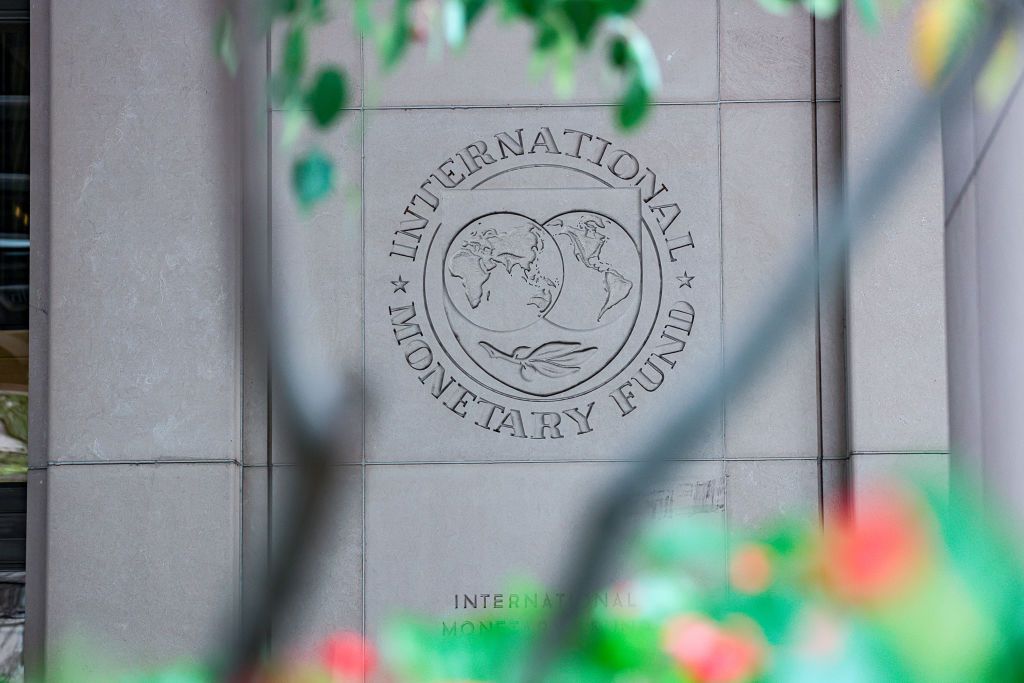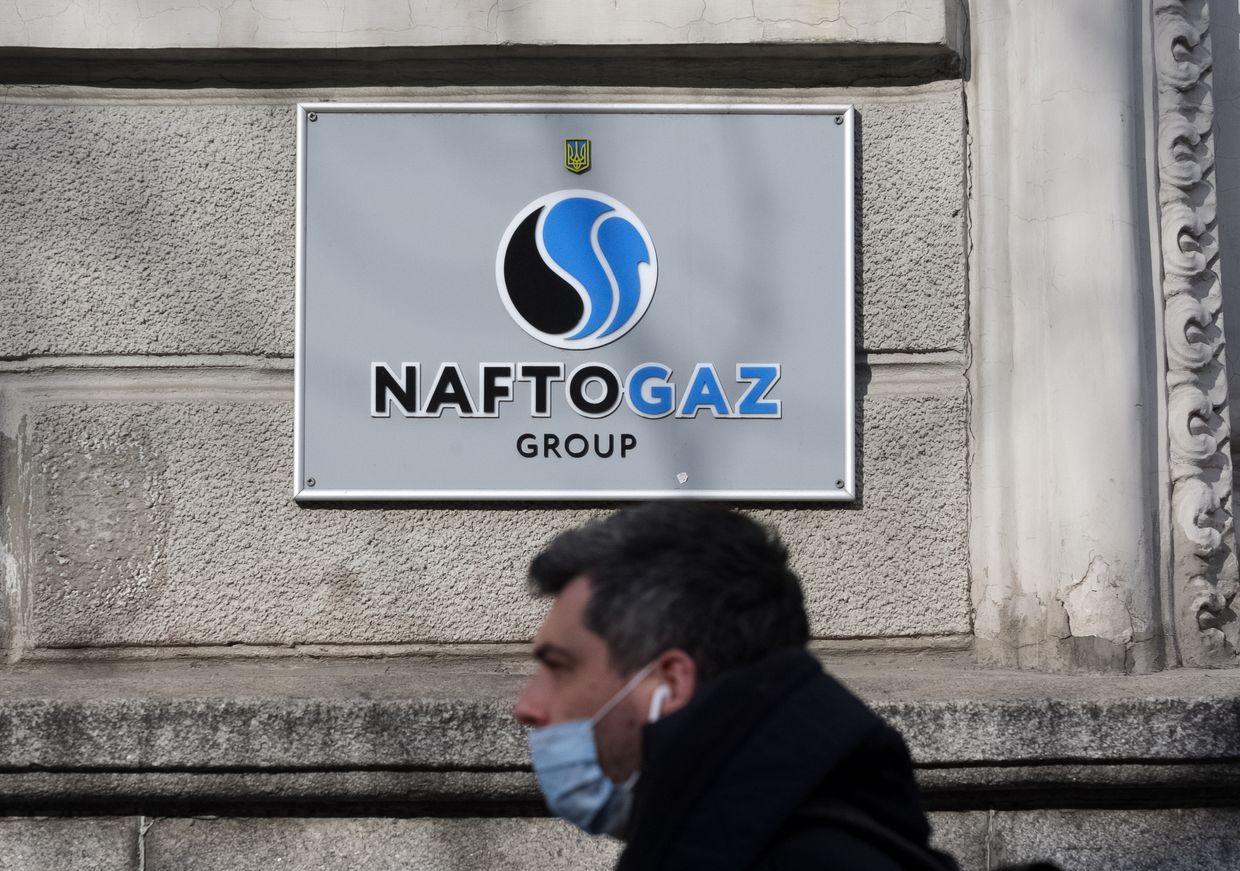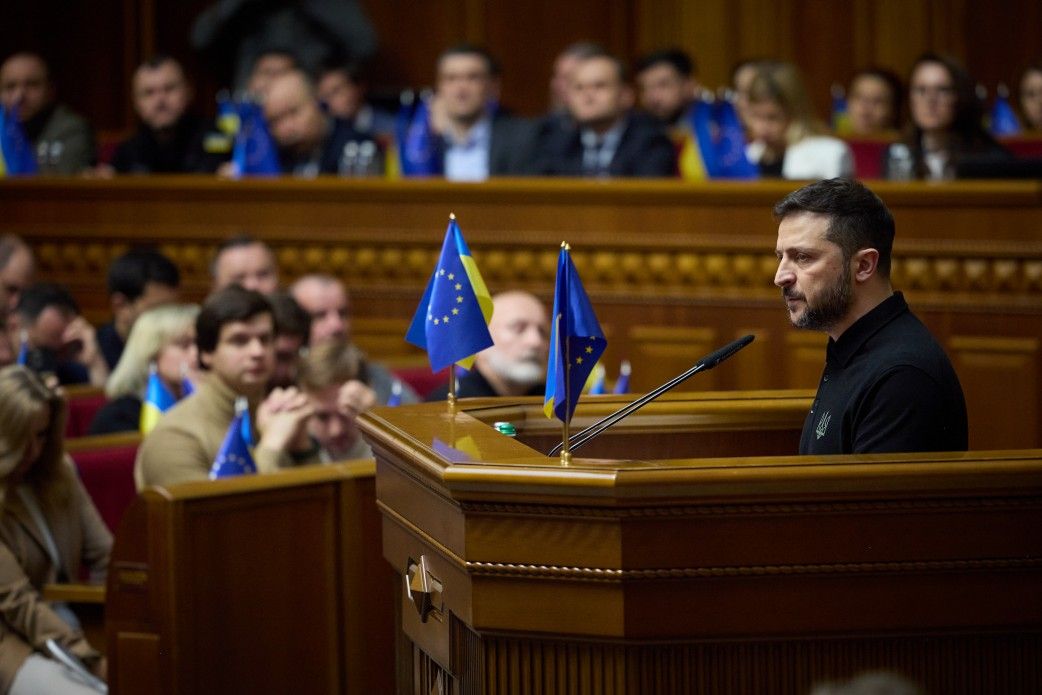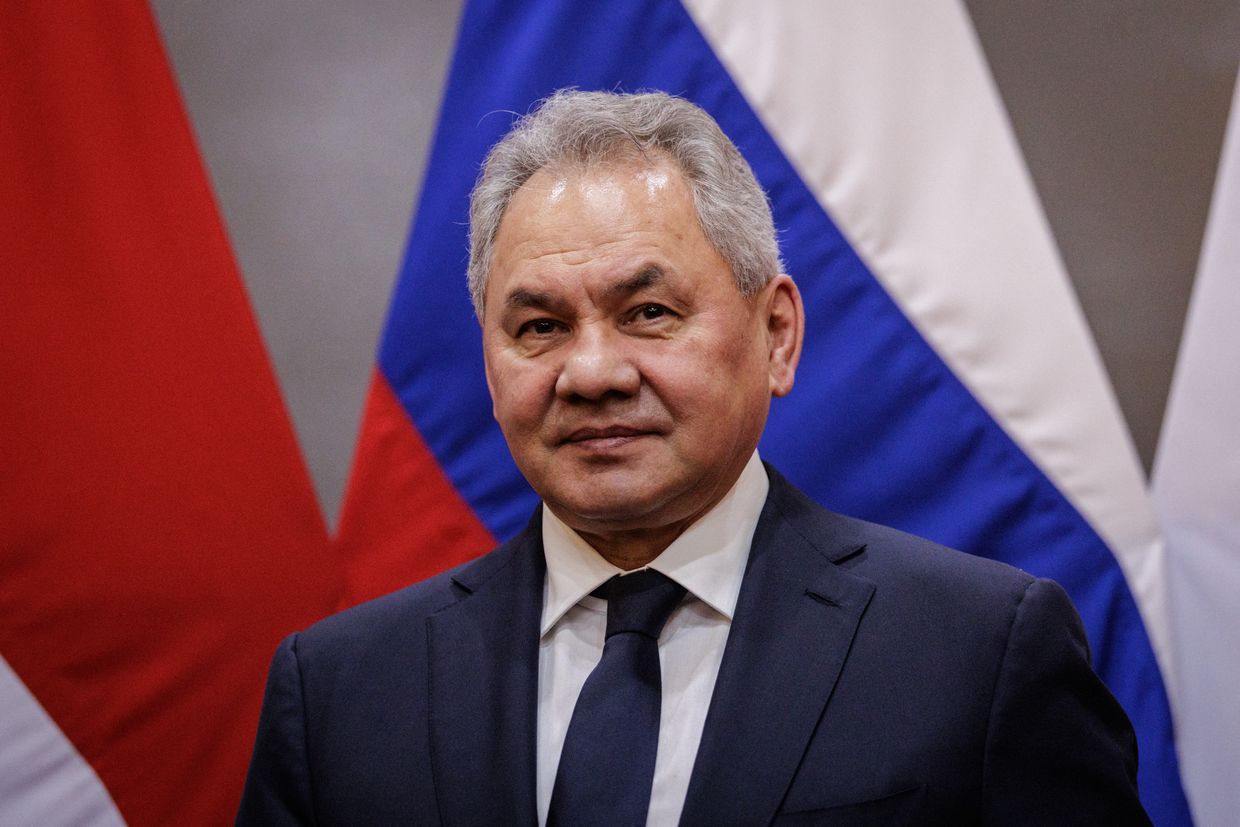Editor’s note: This is issue 78 of Ukrainian lawmaker Yaroslav Zhelezniak’s weekly “Ukrainian Economy in Brief” newsletter, covering events from Oct. 21- Oct. 27, 2024. The digest highlights steps taken in the Ukrainian parliament related to business, economics, and international financial programs.
The Kyiv Independent is republishing with permission.
Benchmarks and soft commitments in the memorandum with the IMF
Ukraine's parliament will consider the accounting chamber reform in the second reading and the draft law on the 2025 State Budget.
During the parliamentarian meetings scheduled for Oct. 21-31, the Verkhovna Rada, Ukraine's Parliament, will consider draft law #10044-d on reforming the Accounting Chamber of Ukraine. The budget committee prepared and approved the text for the second reading last week.
The draft law is not only a structural benchmark of the latest memorandum with the International Monetary Fund, but an obligation for U.S. financial assistance with a deadline of the end of October.
As we reported in Issue 72, the draft law suggests establishing a transparent competitive selection of the chamber's members with participation and the decisive vote of international experts, extending the mandate of the accounting chamber to all public finances and strengthening its independence.
Moreover, the parliament will consider draft law #12000 on the State Budget for 2025 after the budget committee revised all amendments submitted by lawmakers. The Committee's meeting was scheduled for Oct. 28.

The results of voting for new members of the Bureau of Economic Security Civil Oversight Council had to be announced on Monday.
On Oct. 27, an online competition for the new Bureau of Economic Security's Civil Oversight Council was closed. Forty-four candidates took part in the competition. The list of nine winners had to be announced and published on the Bureau of Economic Security official website on Oct. 28. After that the Cabinet of Ministers should officially appoint these winners as members of a new Civil Oversight Council of the ESBU for the next two years.
At the time of sending this newsletter on Oct. 28, the results had not yet been announced.
The draft law on a tax increase has not been signed for two weeks.
On Oct. 15, draft law #11416-d on tax increase which was considered as urgent by the Presidential Office still hasn’t been signed for 14 days. It seems that President Volodymyr Zelensky is going to sign the bill so that it can come into force from Nov. 1. Such a step will prevent businesses from implementing legal collisions when the increased military levy has to be paid only for several days of October.
Obligations to the EU
The president signed two draft laws required in the Ukraine Plan.
Last week, the President signed draft law #10143 with amendments to the bankruptcy code to improve bankruptcy procedures and harmonize them with the EU legislation. The adoption of this bill is also required by the World Bank Development Policy Financing (DPF).
The president also signed draft law #11310 on the basic principles of state climate policy.
The parliament will consider a draft law on plea agreements, the deadline has already passed.
During the parliamentarian meetings scheduled for Oct. 21-31, the Verkhovna Rada will consider draft law # 12039 to improve the mechanism of plea bargaining in grand corruption cases.
The deadline for this step has expired in September.
As we reported in Issue 77, the revised draft law allows for a shorter prison term than currently required in case of cooperation with the investigation through exposure of accomplices and compensation for damage. This mechanism can’t be applied as a general rule to organizers of corruption schemes, with the exception of cases where such an organizer exposes another organizer.

Other key economic issues
The president signed the draft law on publishing detailed prices of SOEs’ construction procurements.
The President signed the draft law #11057 on changes in public procurement procedures for the state-owned enterprises. The draft law suggests provision on mandatory publication of breakdown of costs for every construction contract following public procurement in order to ensure transparent pricing and prevent inflated prices.
Zelensky announced cash payments to Ukrainian citizens to spend on locally produced goods.
President Volodymyr Zelensky told the Cabinet of Ministers to allocate government funding for every Ukrainian to receive Hr 1,000 (around $24) by Dec. 1 to be spent on domestically-produced goods or services. Speakers who had to advocate the initiative were instructed to explain the decision with the fact that international financial support could not be used for military purposes, and such a step is meant to boost consumption.















